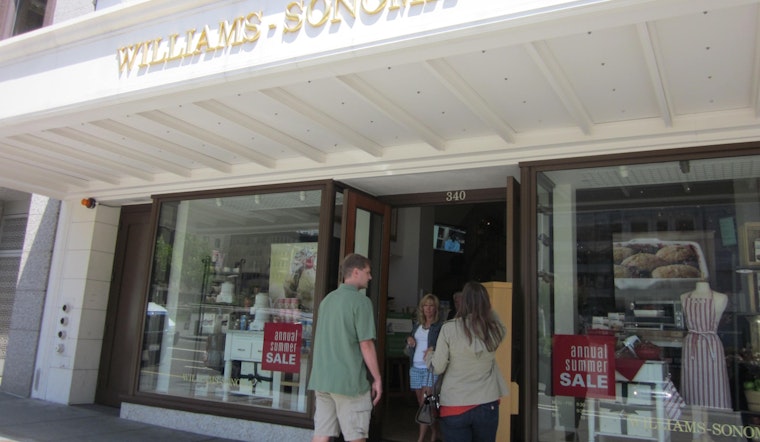
In a hefty crackdown on deceptive marketing, home decor giant Williams-Sonoma has been ordered to cough up more than $3 million in civil penalties for falsely claiming its products were made in the USA when they weren't, the Justice Department announced, together with the Federal Trade Commission (FTC), according to a statement by the U.S. Attorney for the Northern District of California.
The allegations cornered the San Francisco-based company, whose repertoire includes brands like Pottery Barn and West Elm, accusing it of falsely marketing imported goods as home-grown, a move the FTC's Chair Lina M. Khan slammed, saying "Williams-Sonoma’s deception misled consumers and harmed honest American businesses," according to justice.gov. In the settlement breathing down on Williams-Sonoma, the retailer is not only hit with the monetary fine, but it's also reined in from making any further misleading or unsubstantiated claims about the origins of its products.
Williams-Sonoma got on the FTC's radar back in 2018 after pushing a false narrative that Pottery Barn Teen organic mattress pads were "Crafted in America" but it turned out they were made in China, as detailed by the FTC in a previous complaint reported by ftc.gov. Though the company attempted to mend the misinformation by reviewing its country-of-origin verification process, it wasn't enough to stave off the scrutiny that would come after it continued to claim that its Goldtouch Bakeware and other branded products were all or virtually all made in America.
Now, as part of the proposed settlement, which required Williams-Sonoma to shell out $1 million, the home products behemoth is banned from laying out unqualified U.S.-origin claims unless it can prove that its products are indeed manufactured within the country's grasp using primarily American-made components, this was outlined by the FTC's complaint and enforcement policy, which warns against deceptive "Made in USA" marketing, as per the documentation found on ftc.gov. Under this deal, Williams-Sonoma must also be clear about the level to which their products contain foreign parts if they describe them as assembled in the States.
This landmark enforcement stands as a cautionary tale to all marketers that playing fast and loose with the truth when it comes to 'Made in USA' claims can carry a hefty price, a point driven home by Brian M. Boynton, Principal Deputy Assistant Attorney General, who declared "The Justice Department will vigorously enforce laws to stop deceptive advertisers from making misleading and fraudulent claims to sell products," echoing the hardline stance on corporate accountability featured by justice.gov.
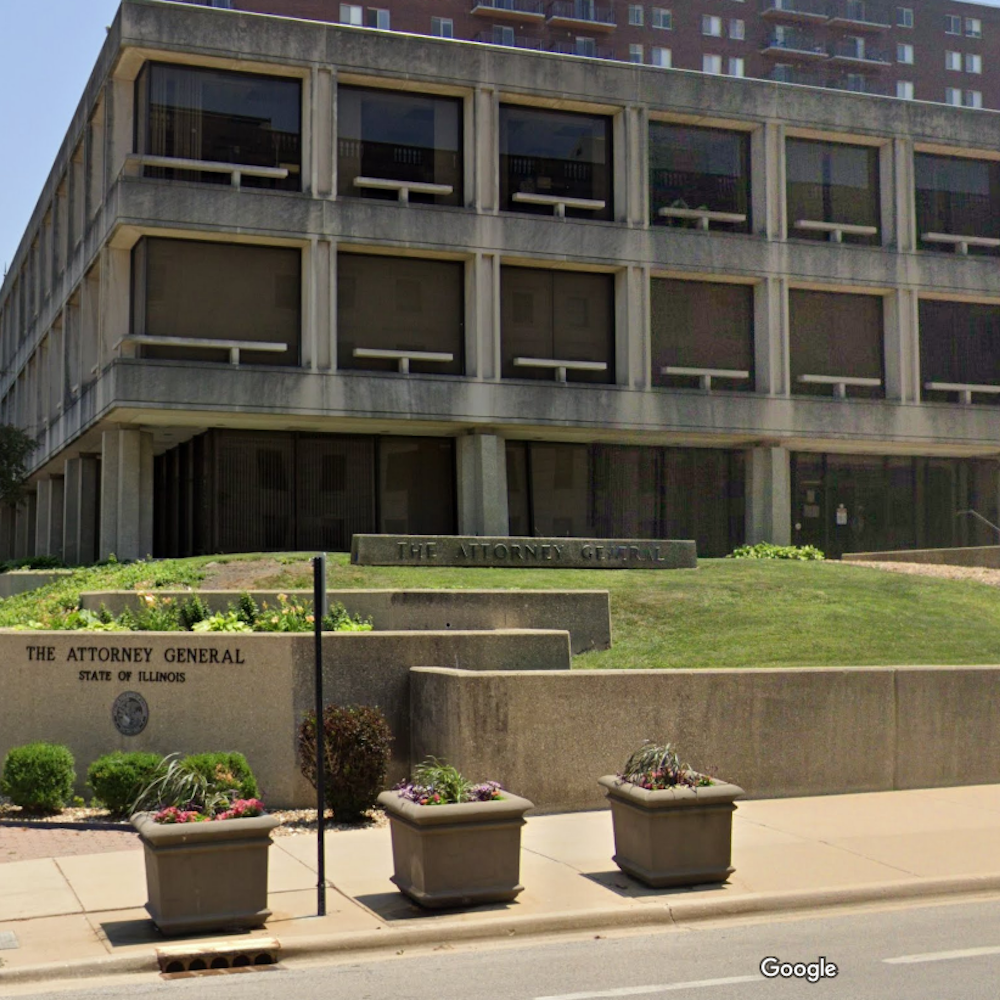


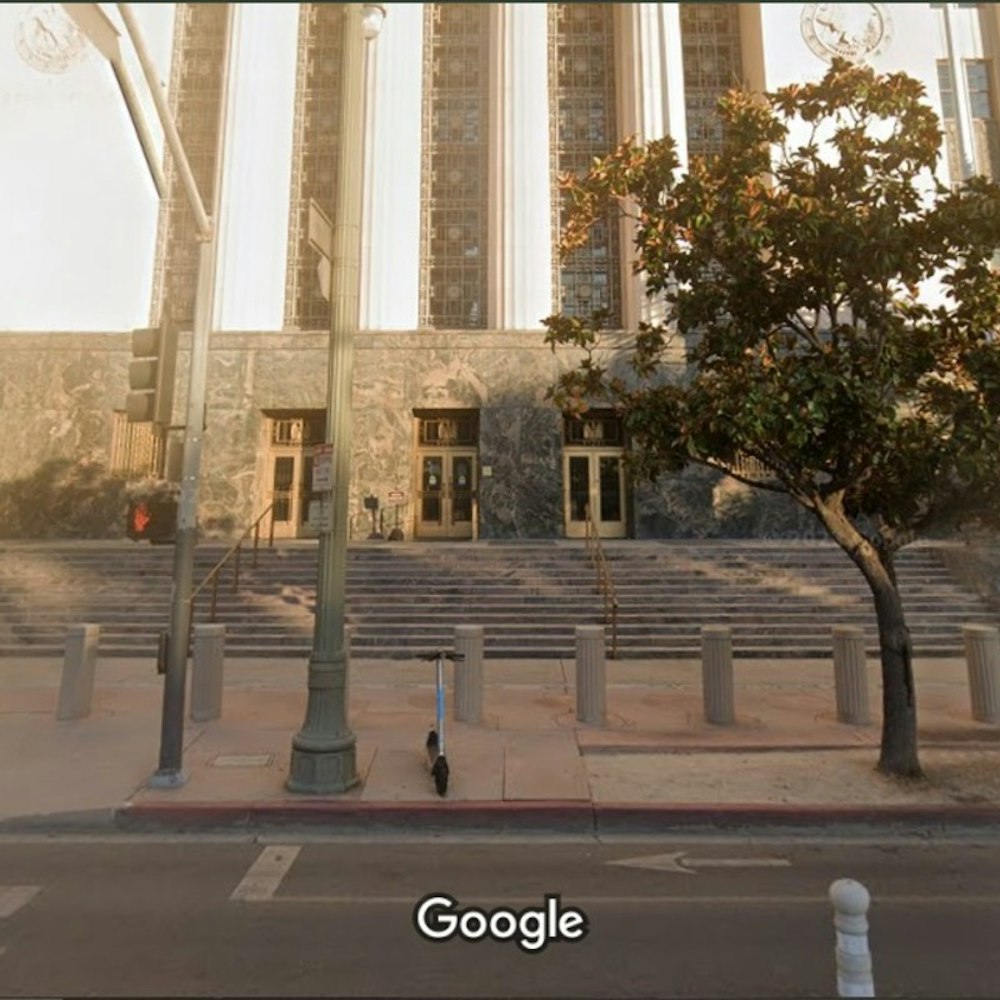
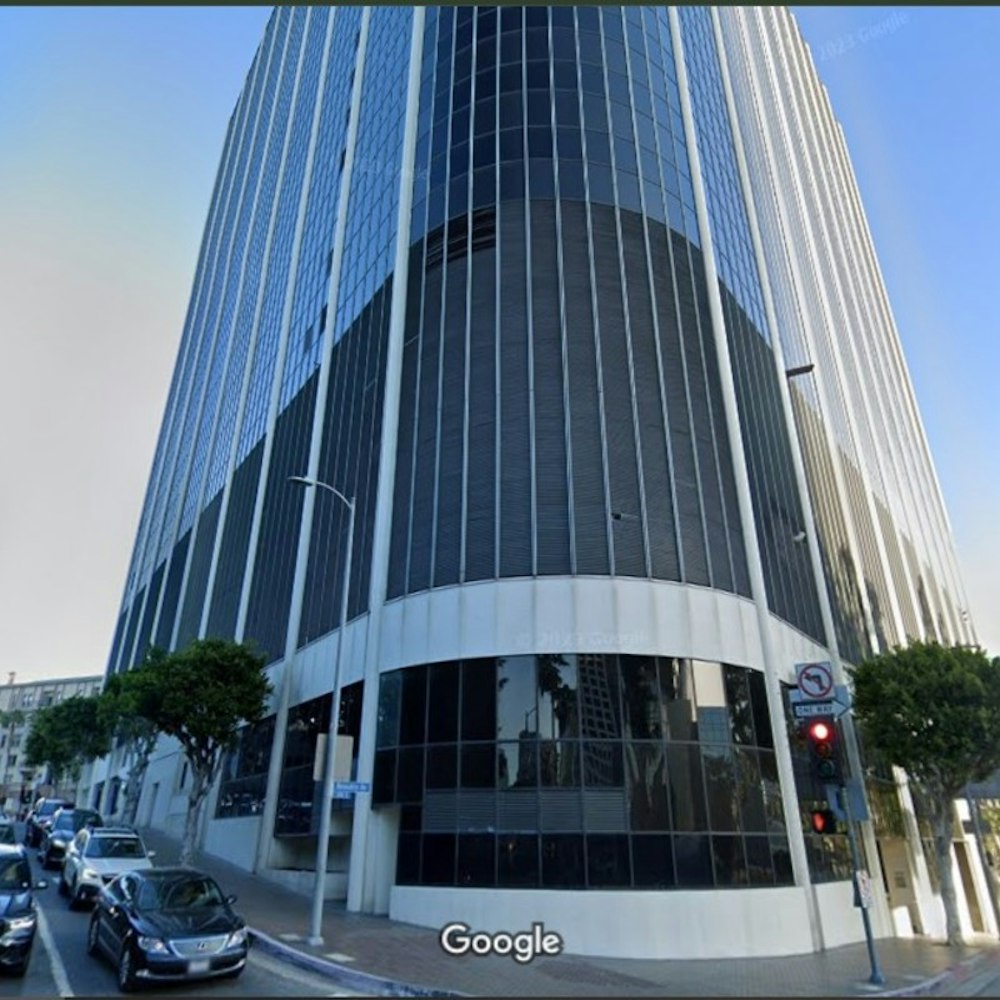

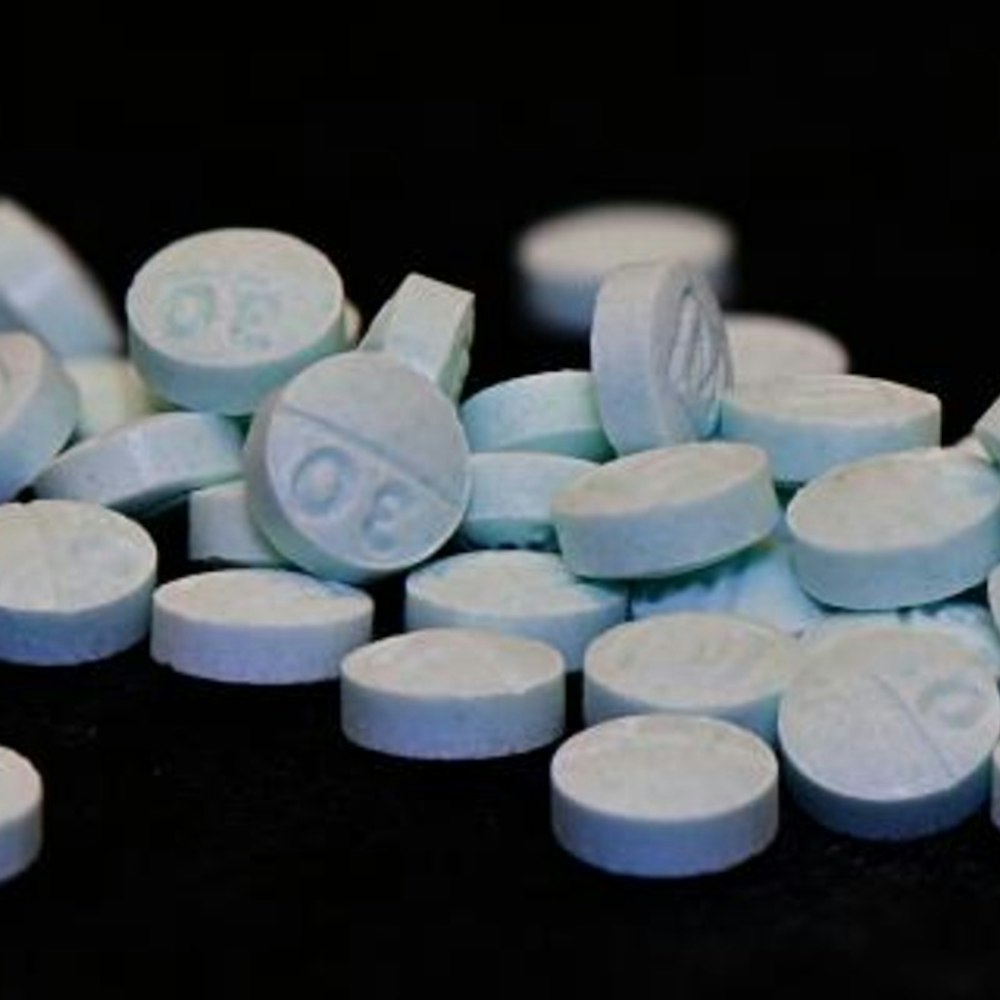
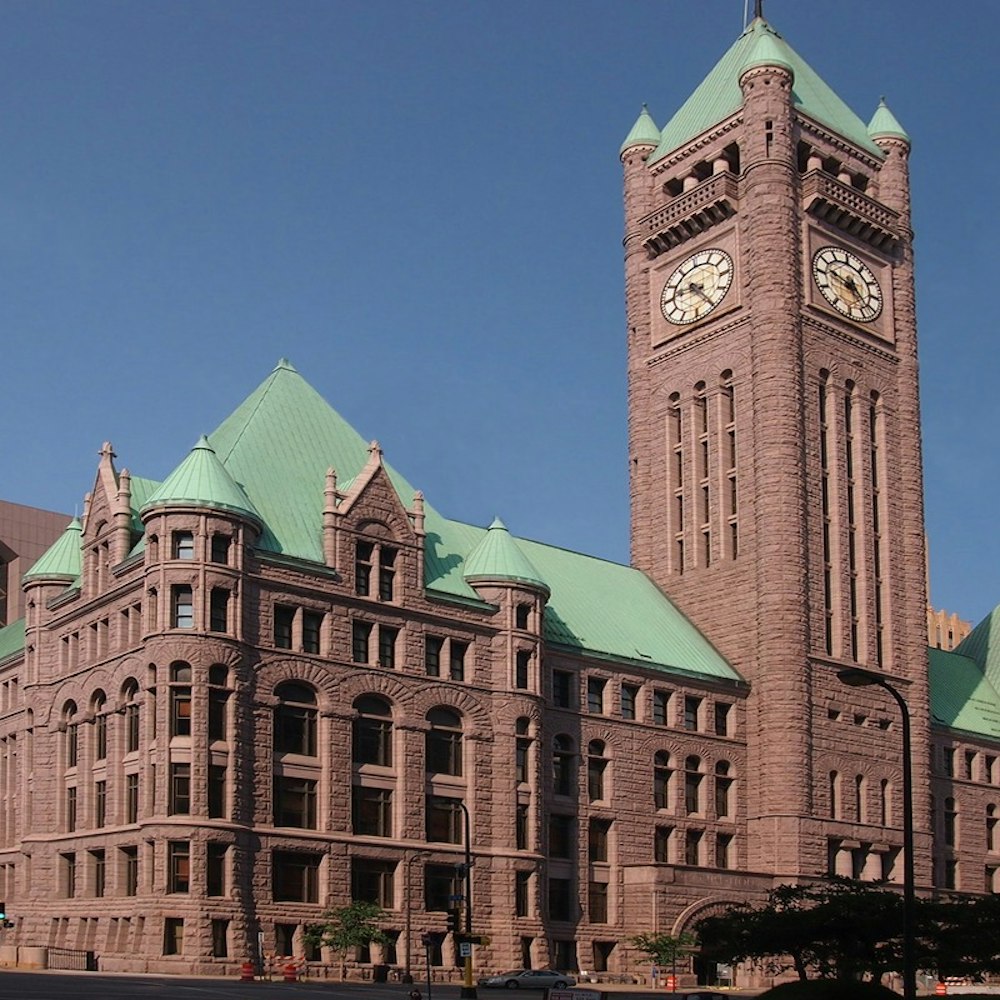

-1.webp?w=1000&h=1000&fit=crop&crop:edges)